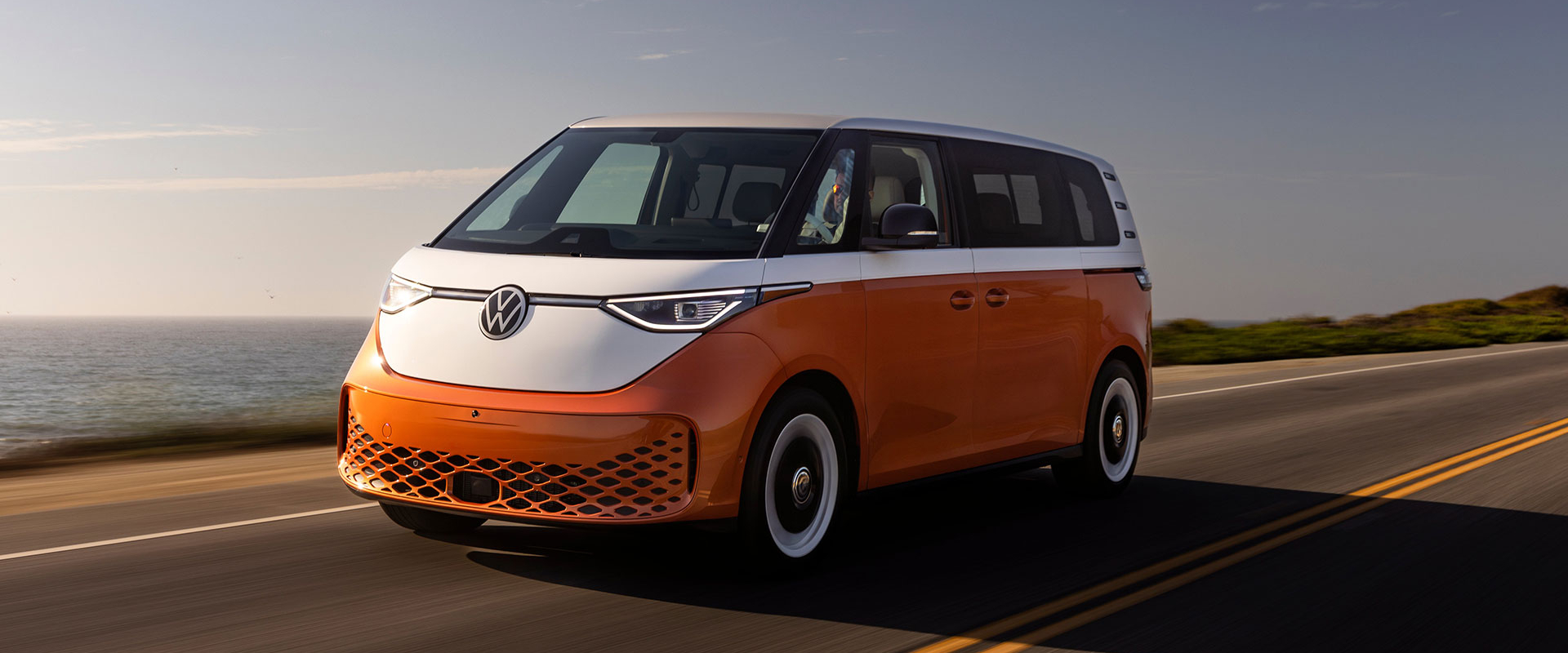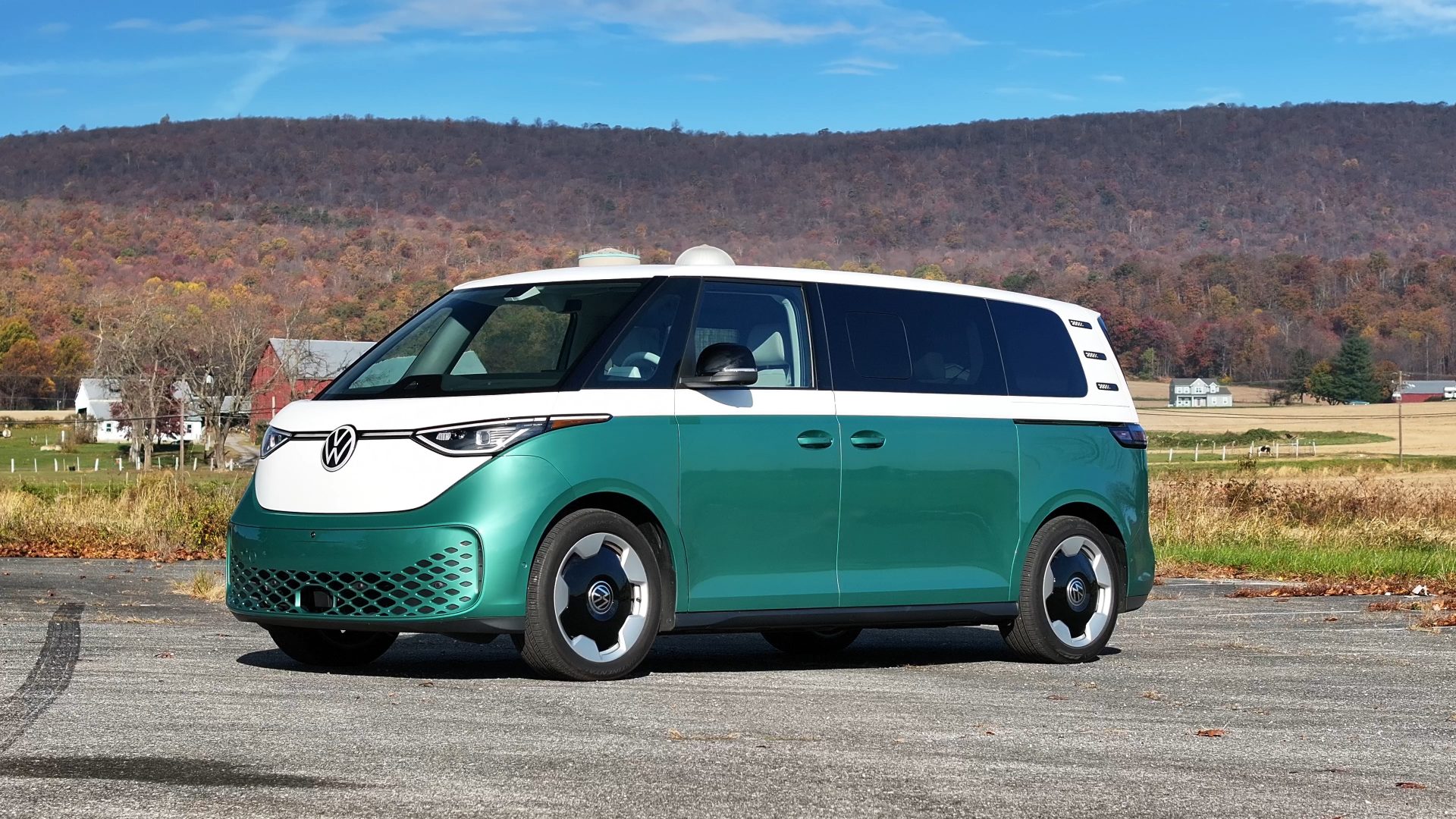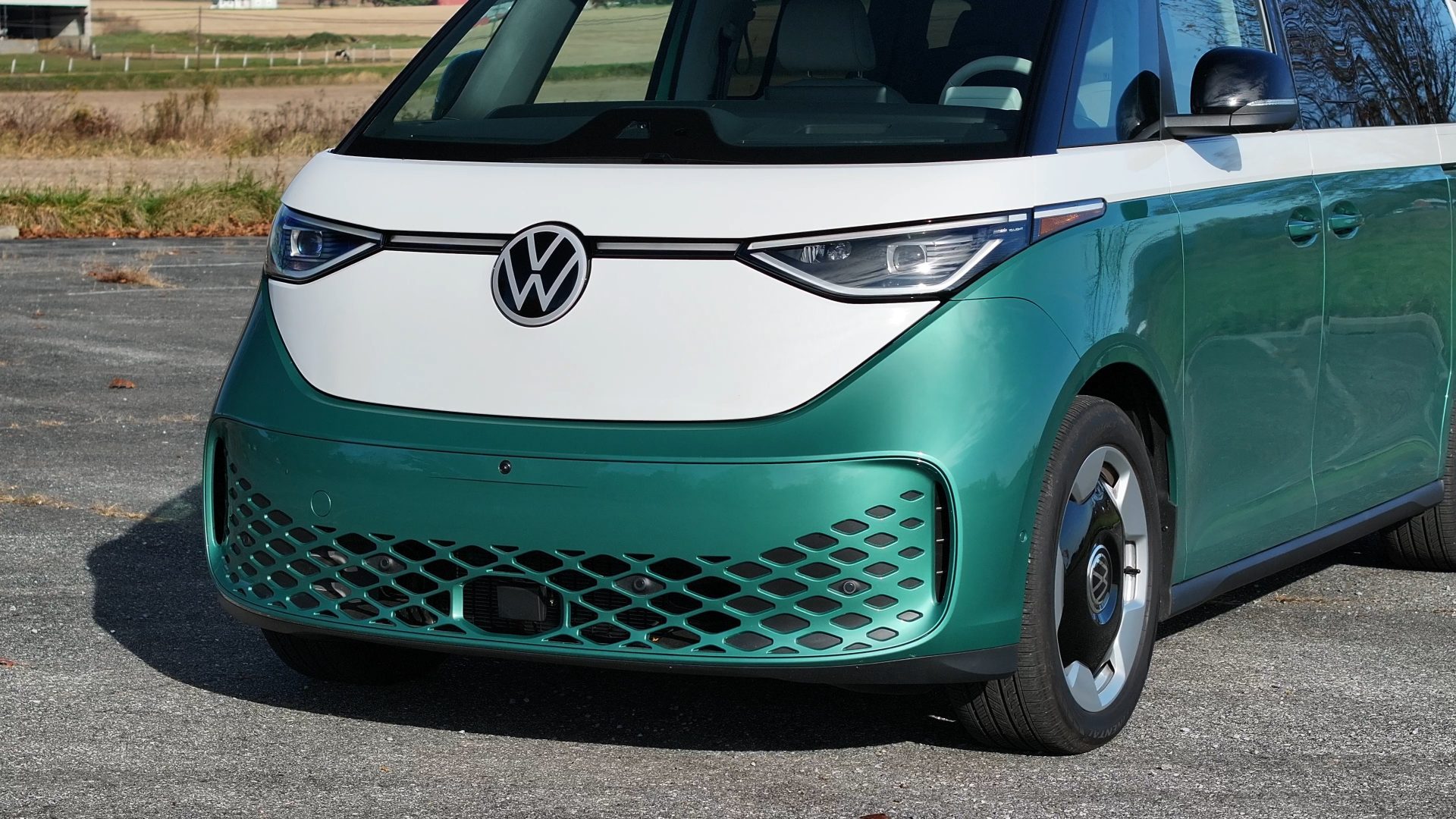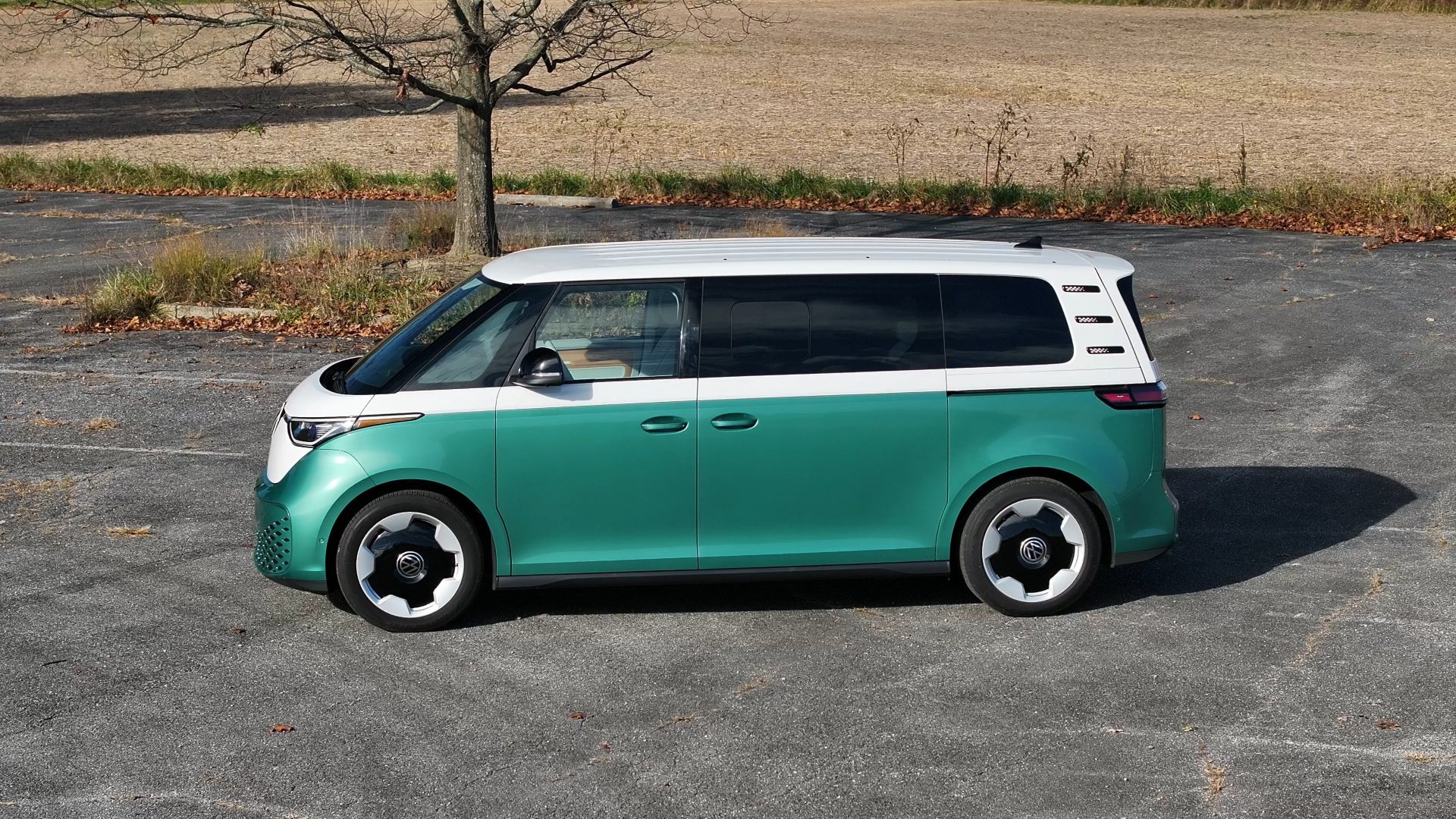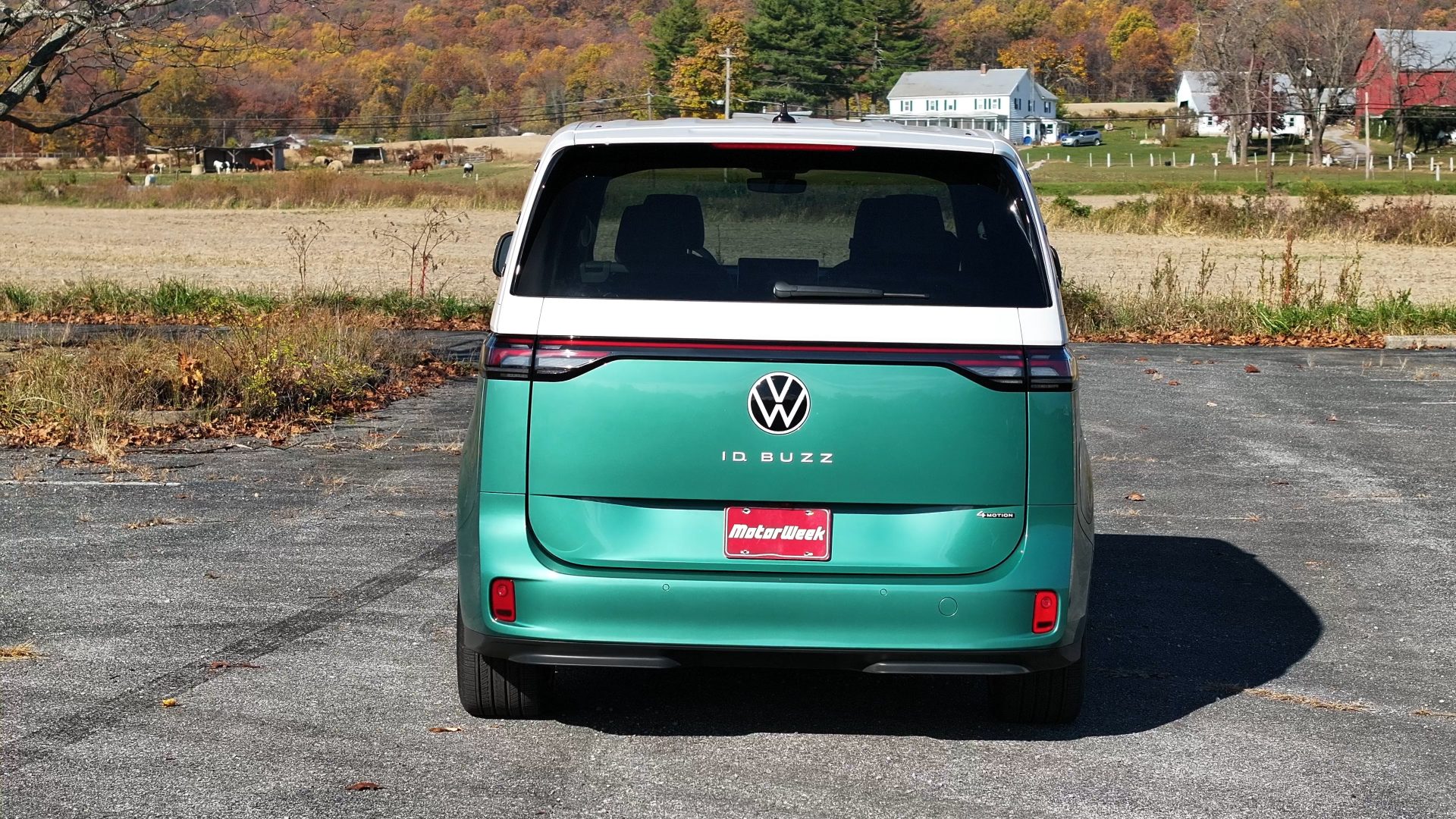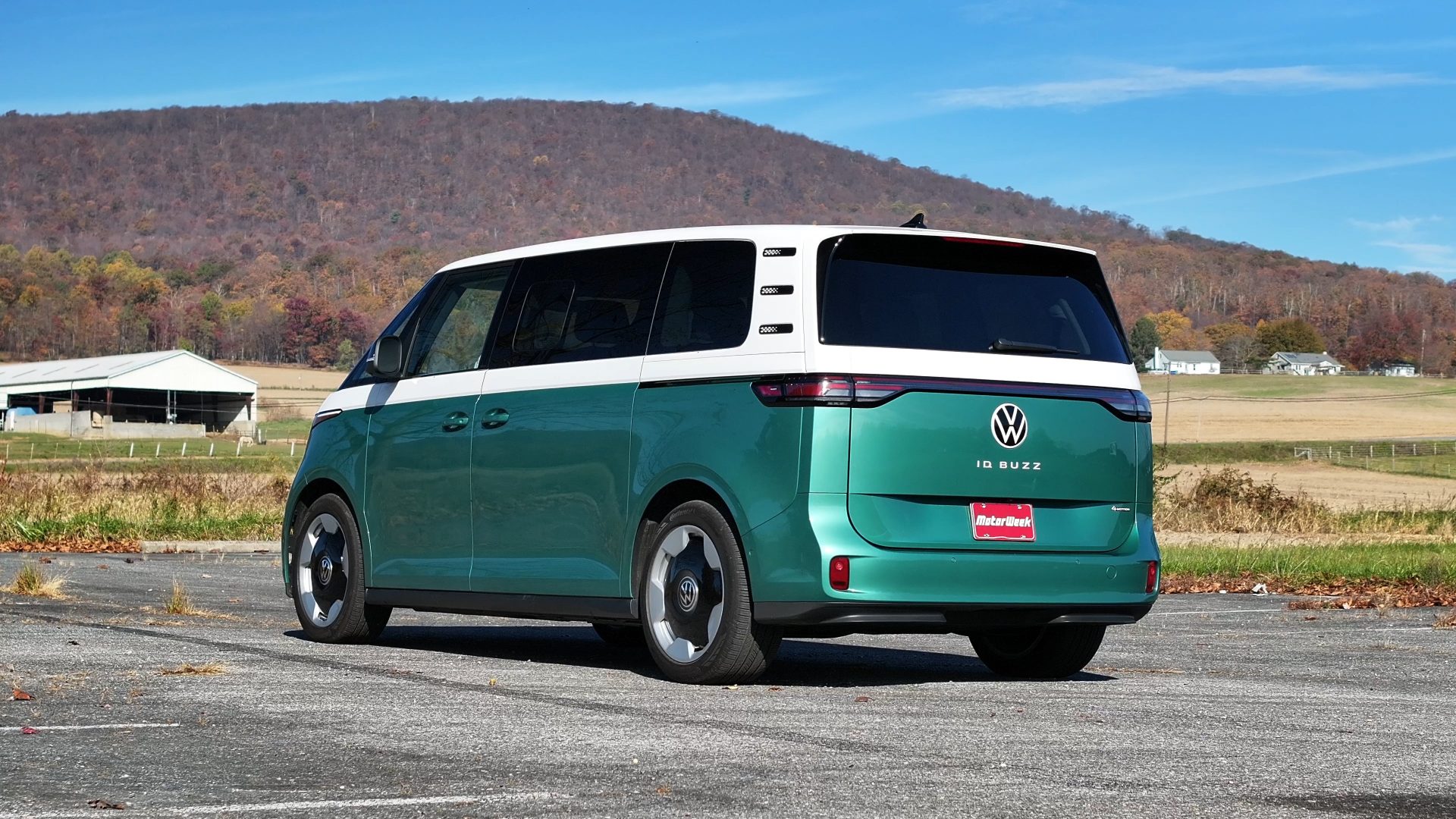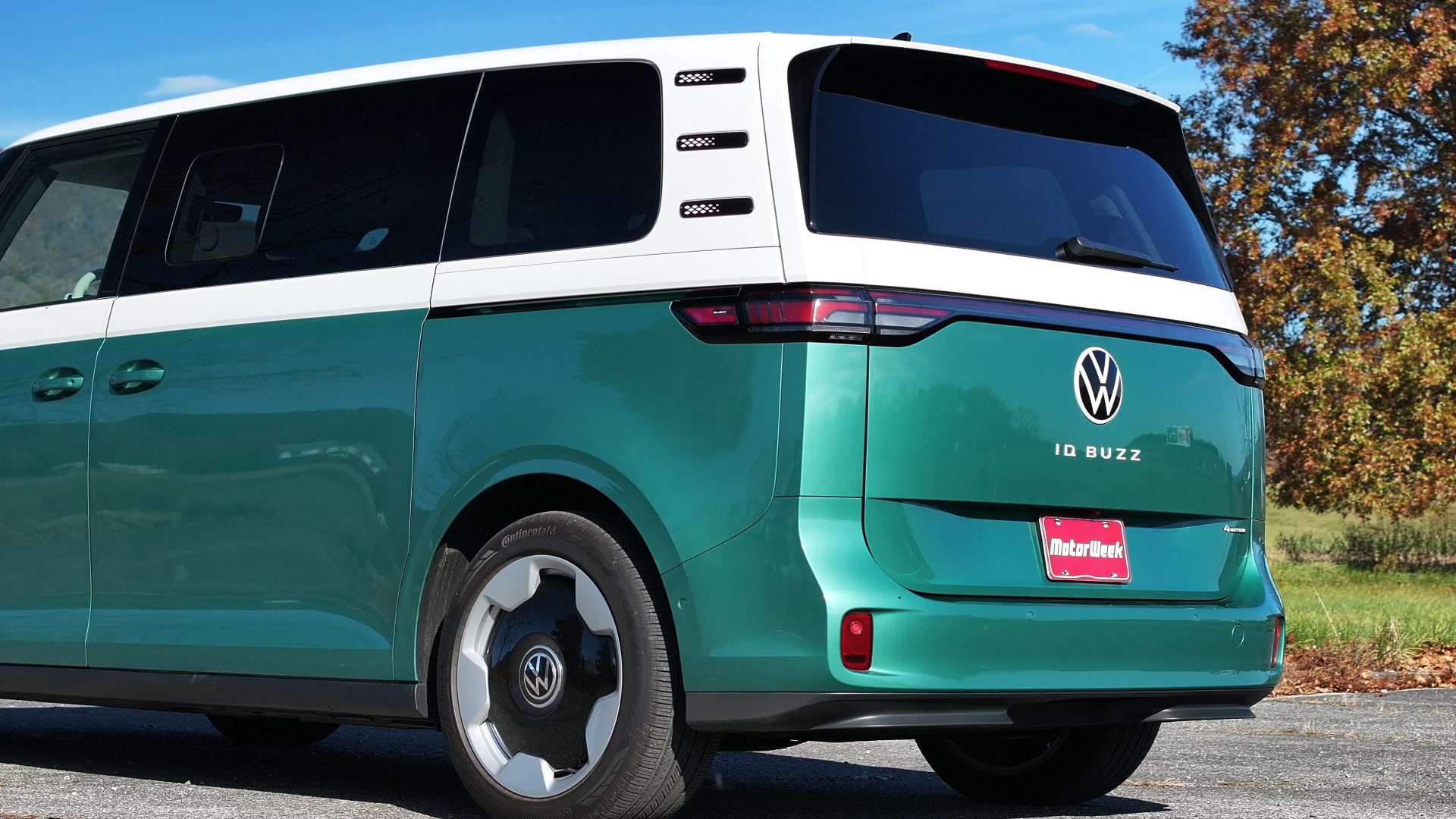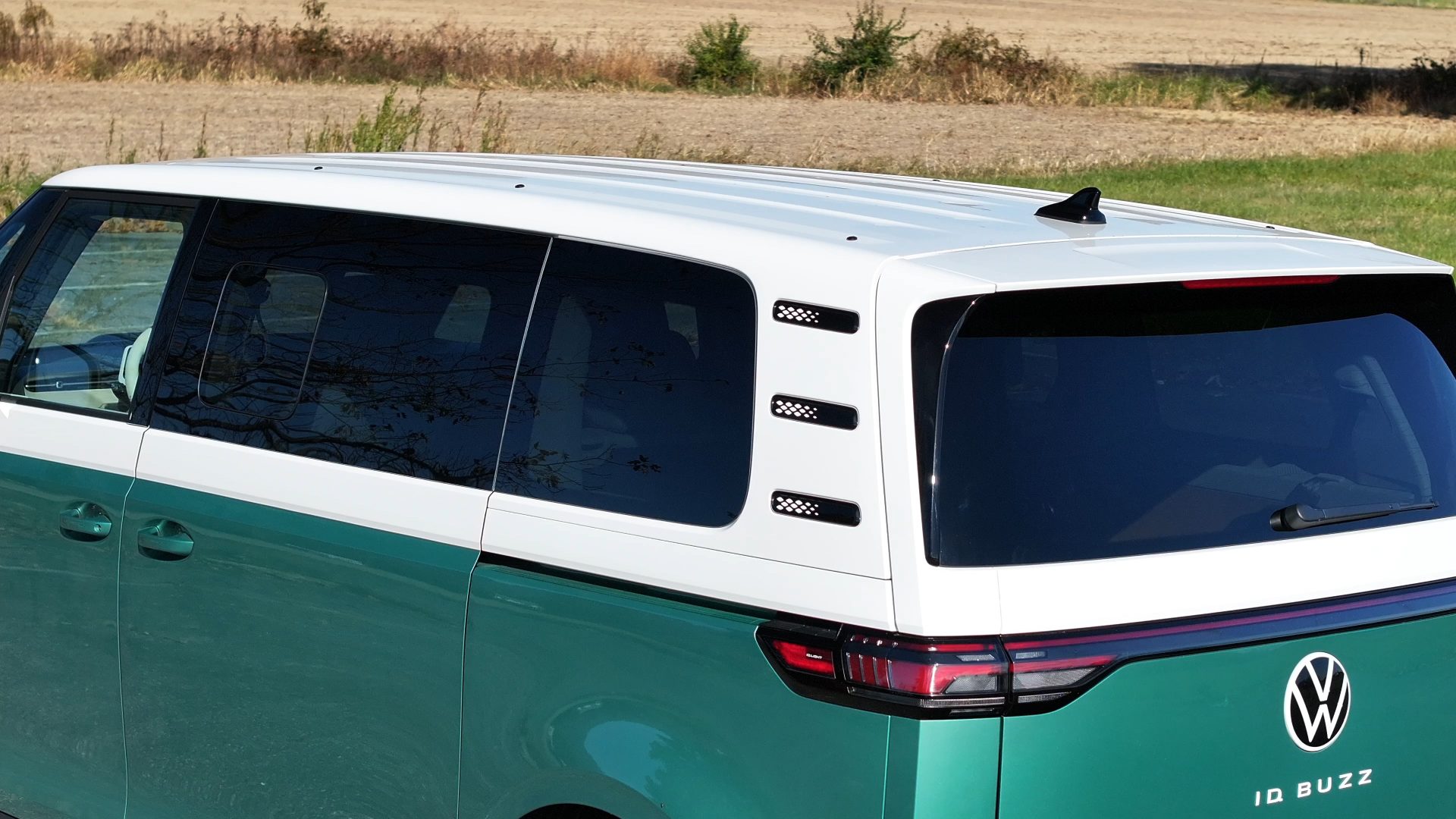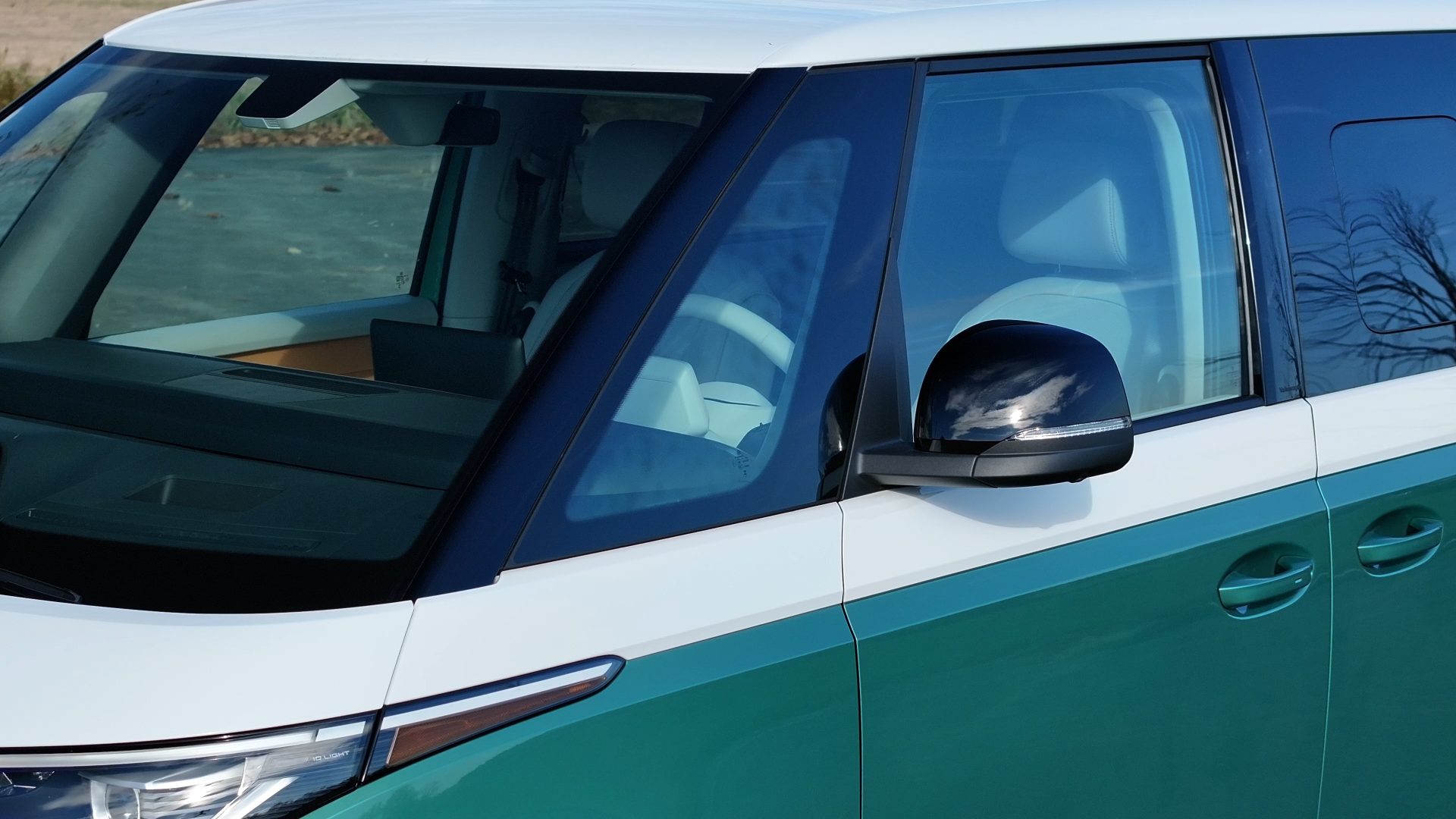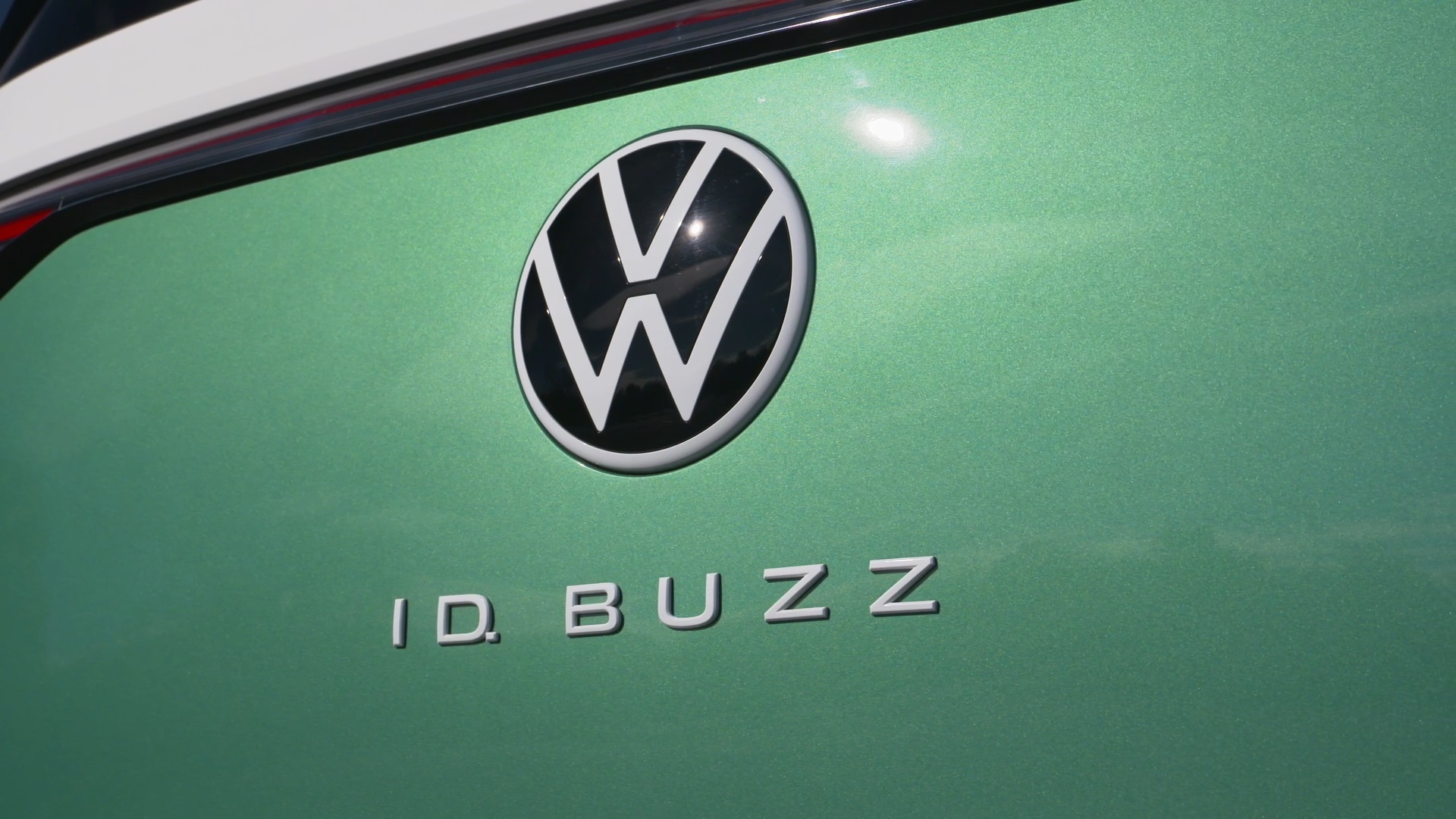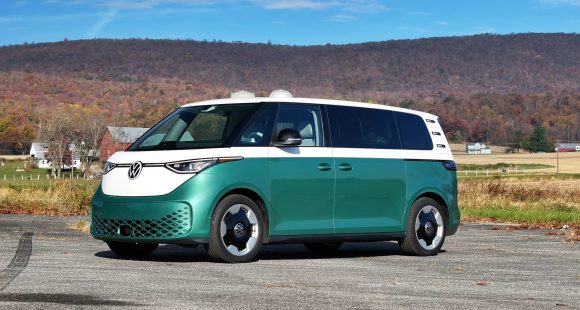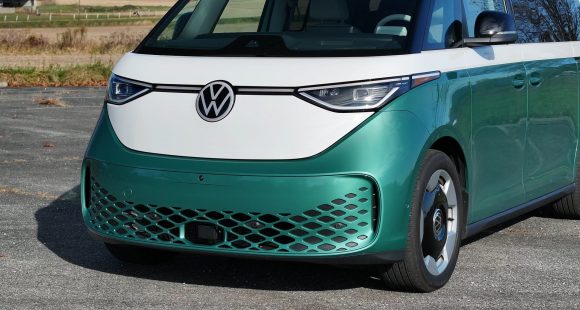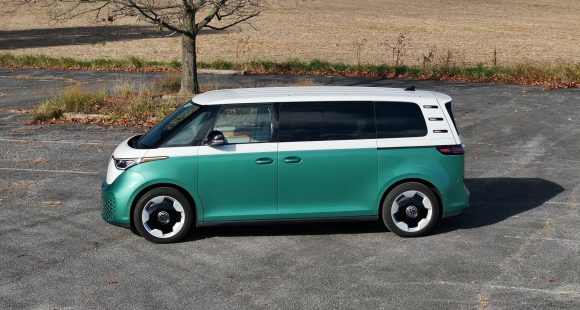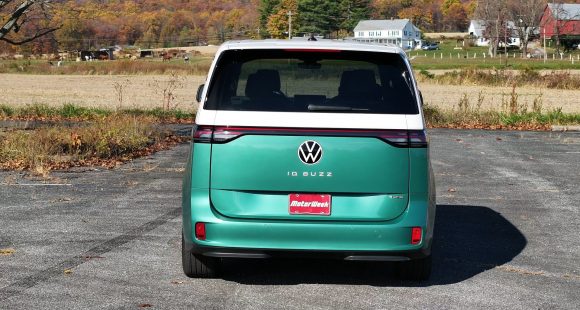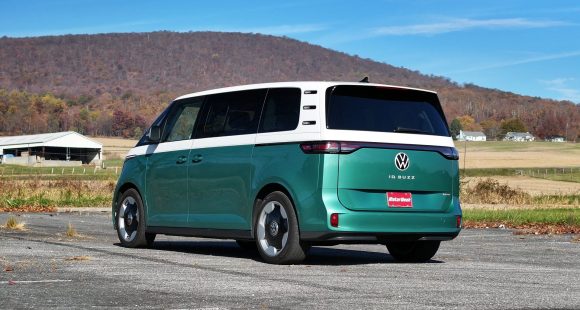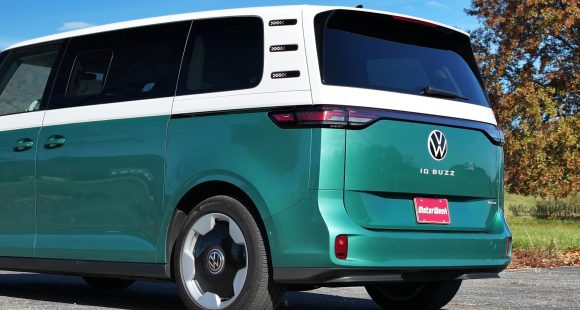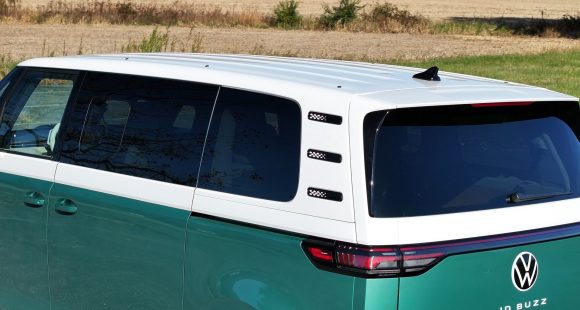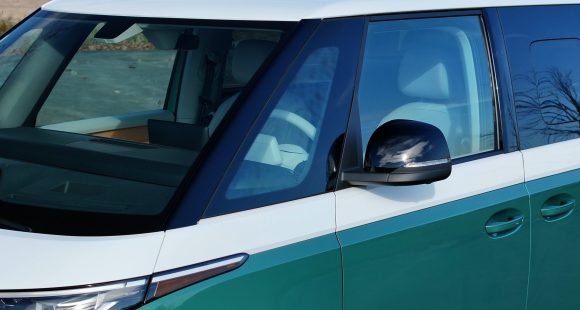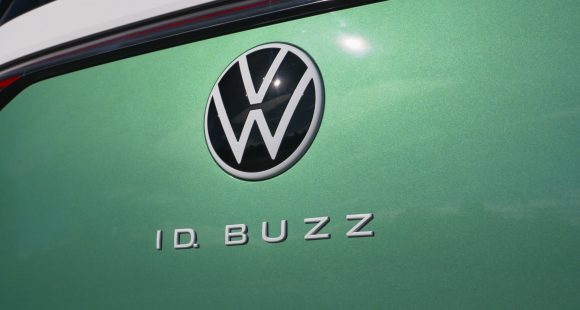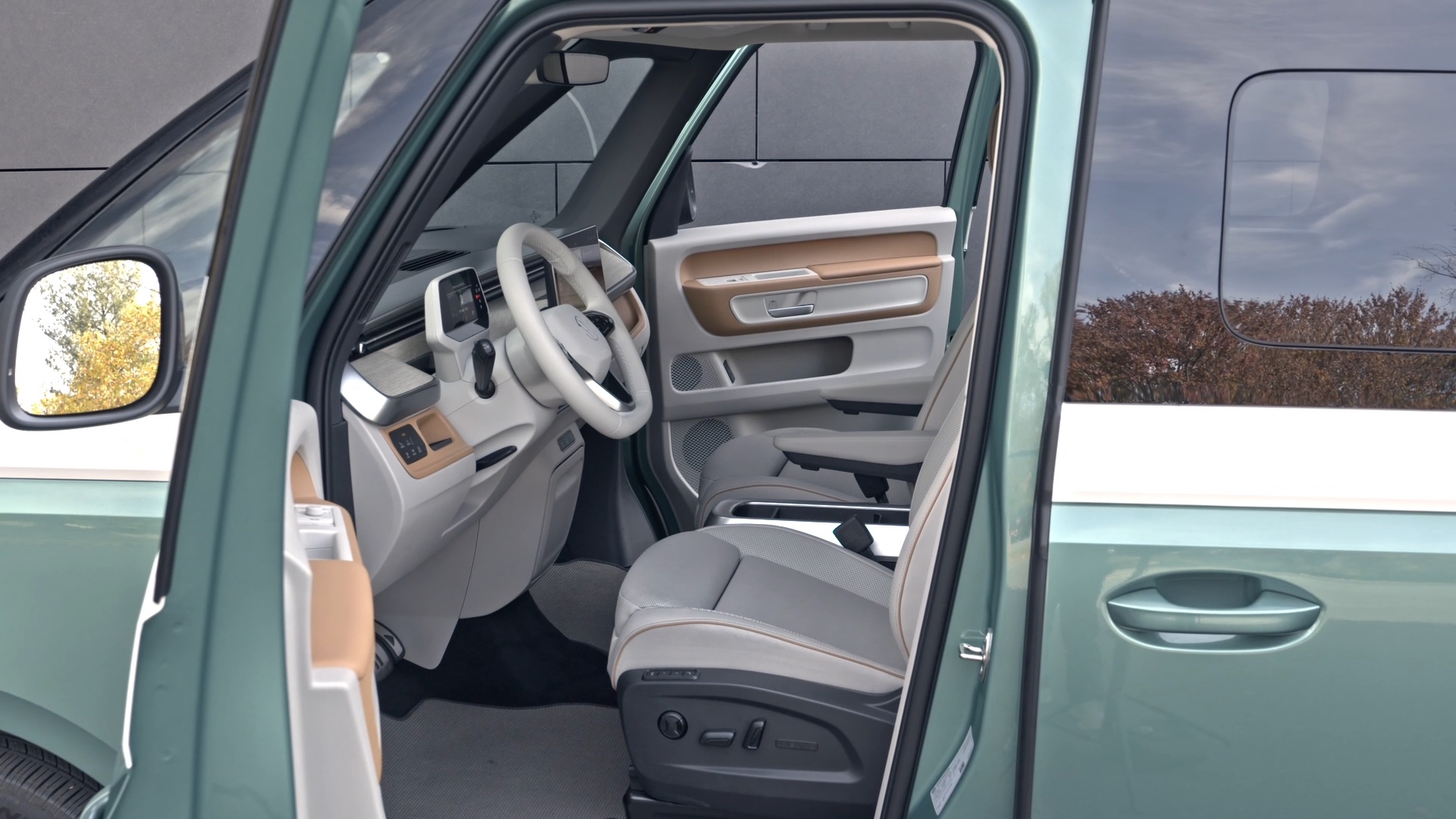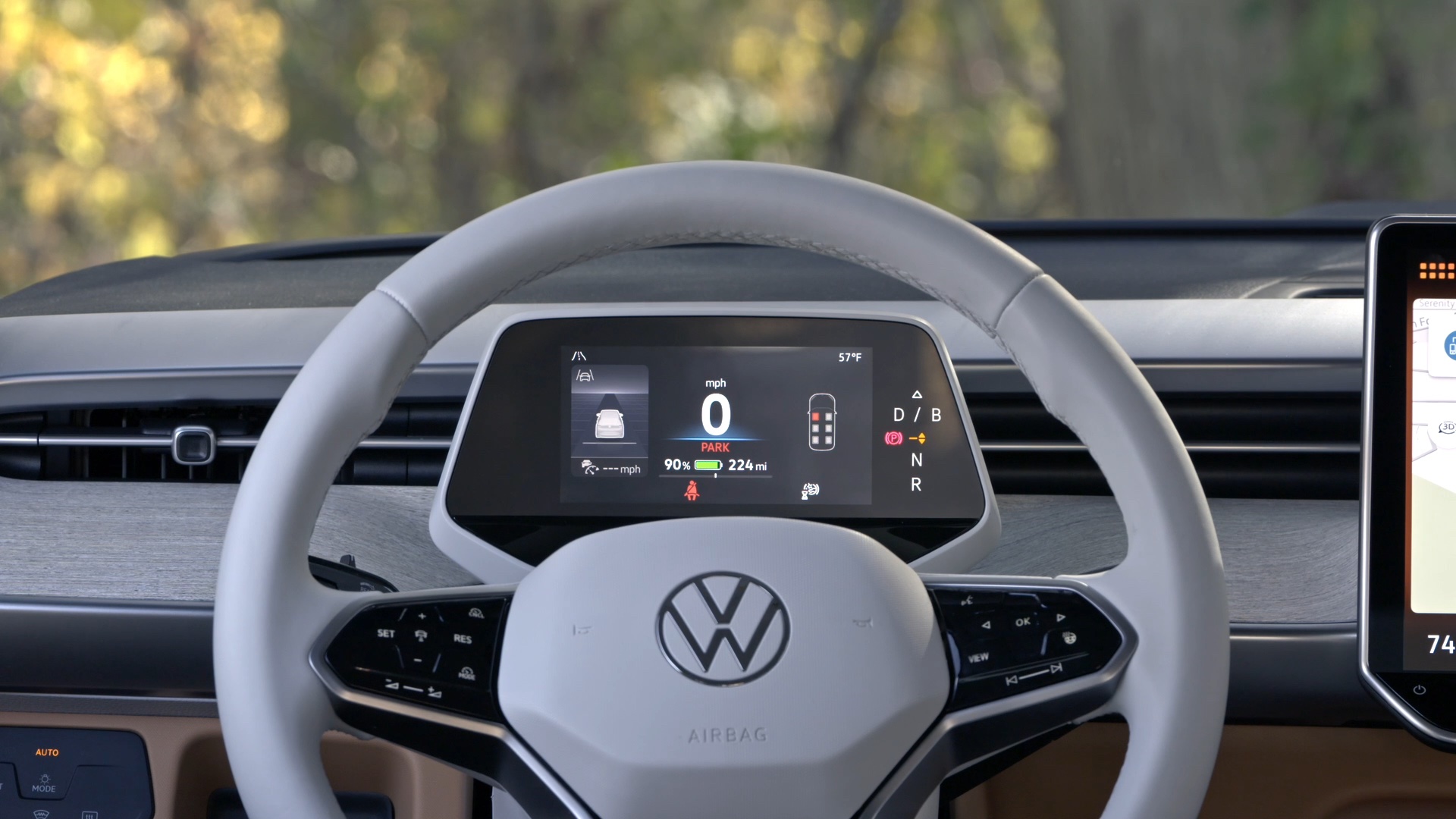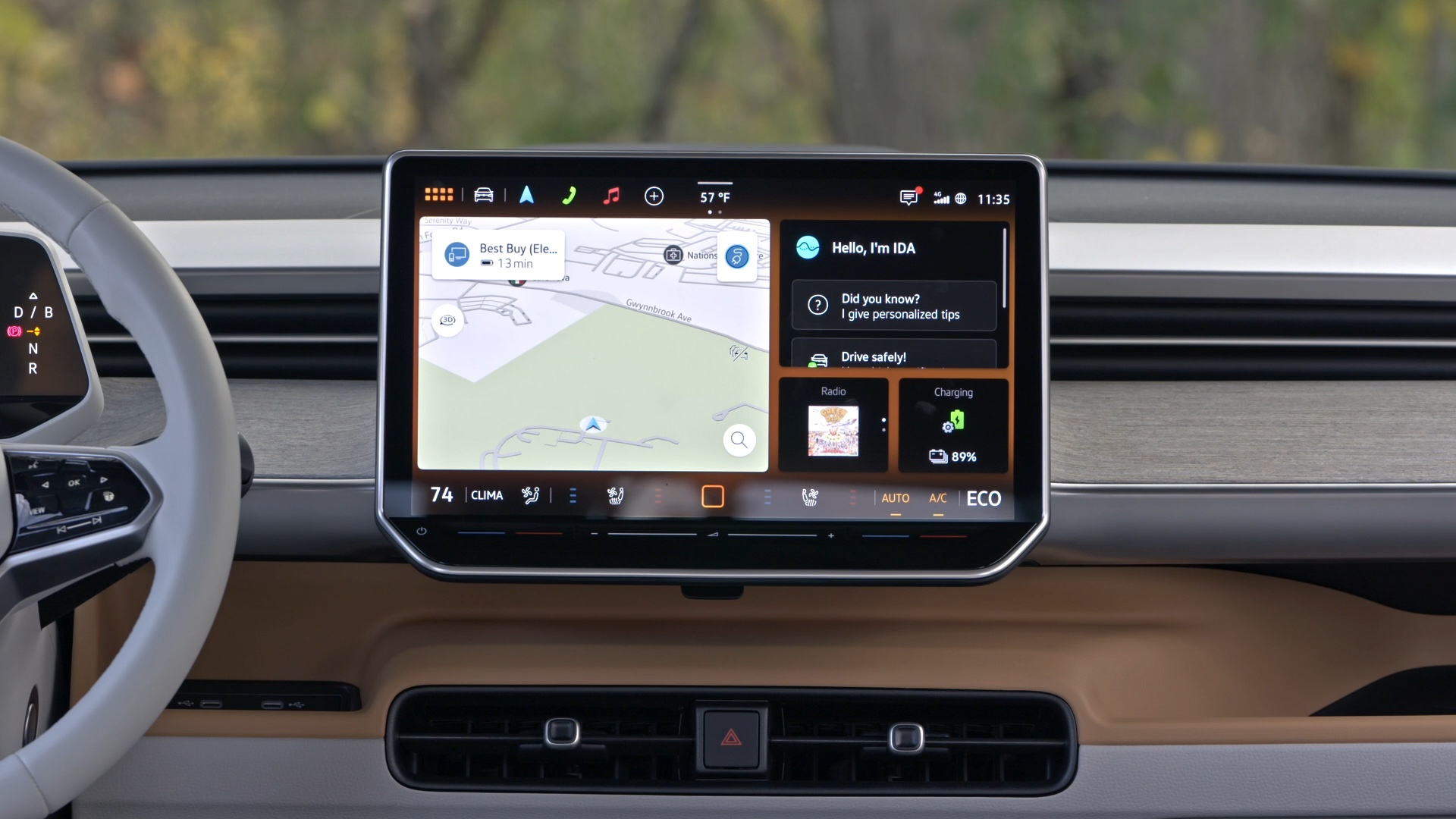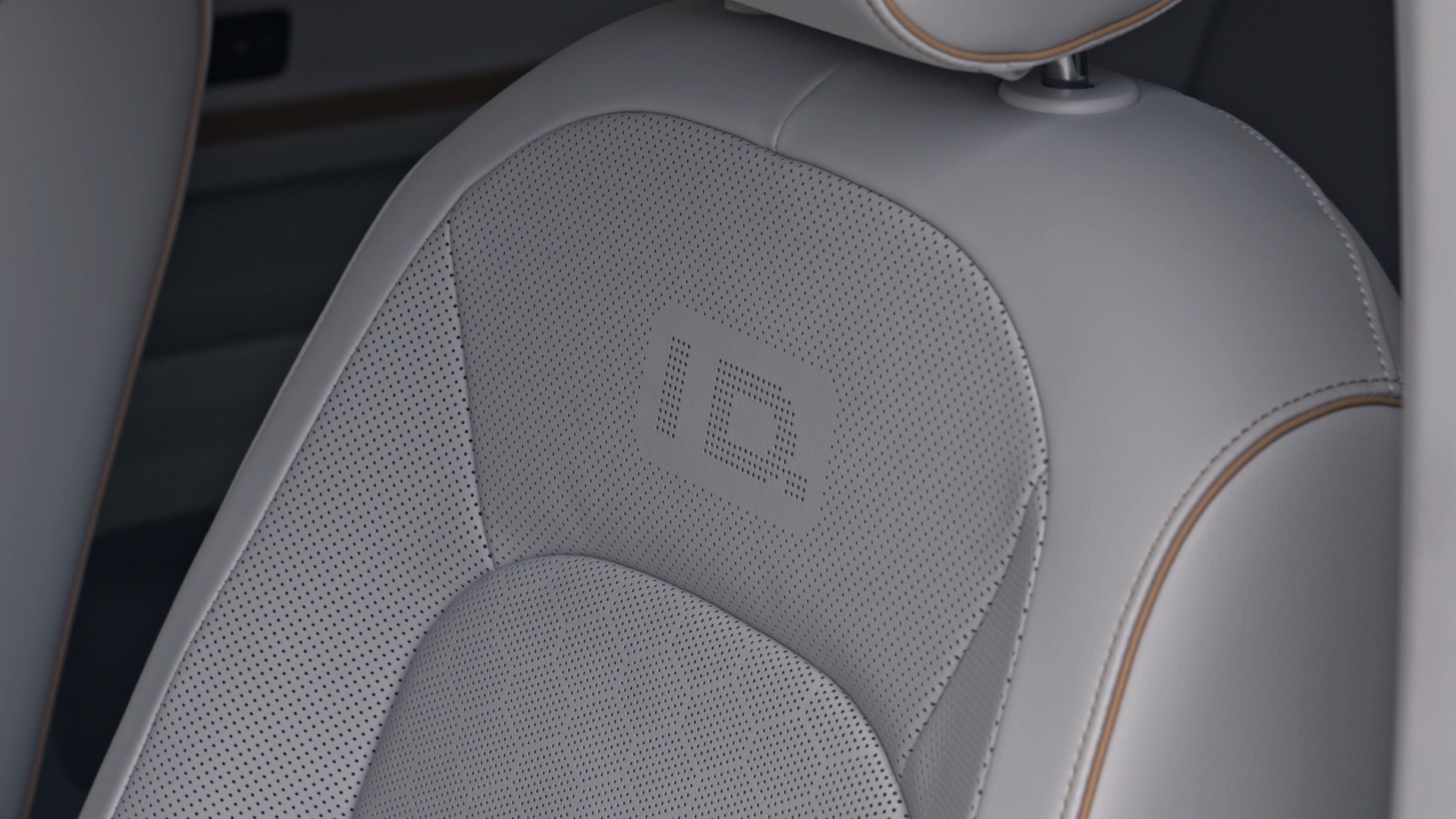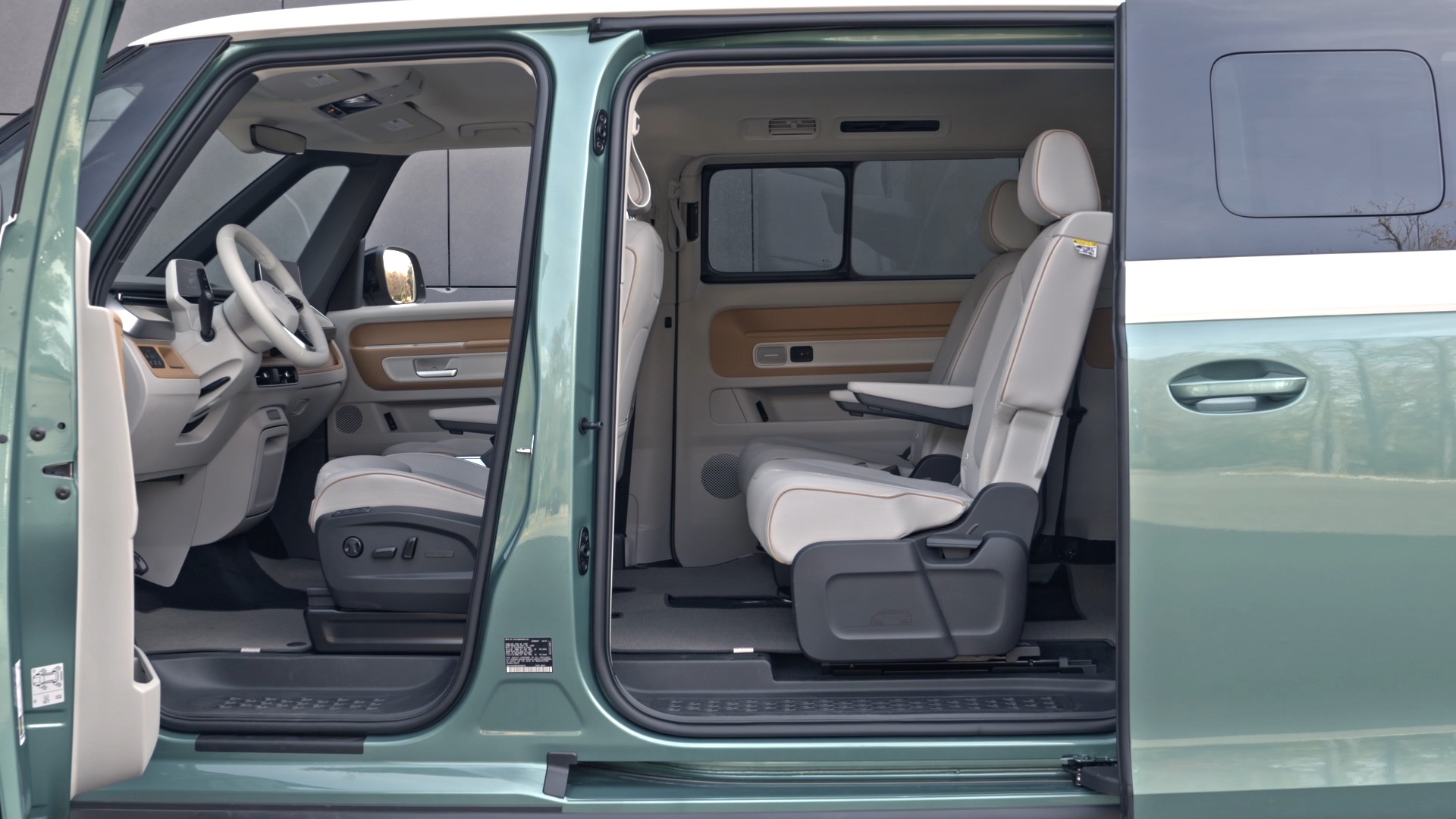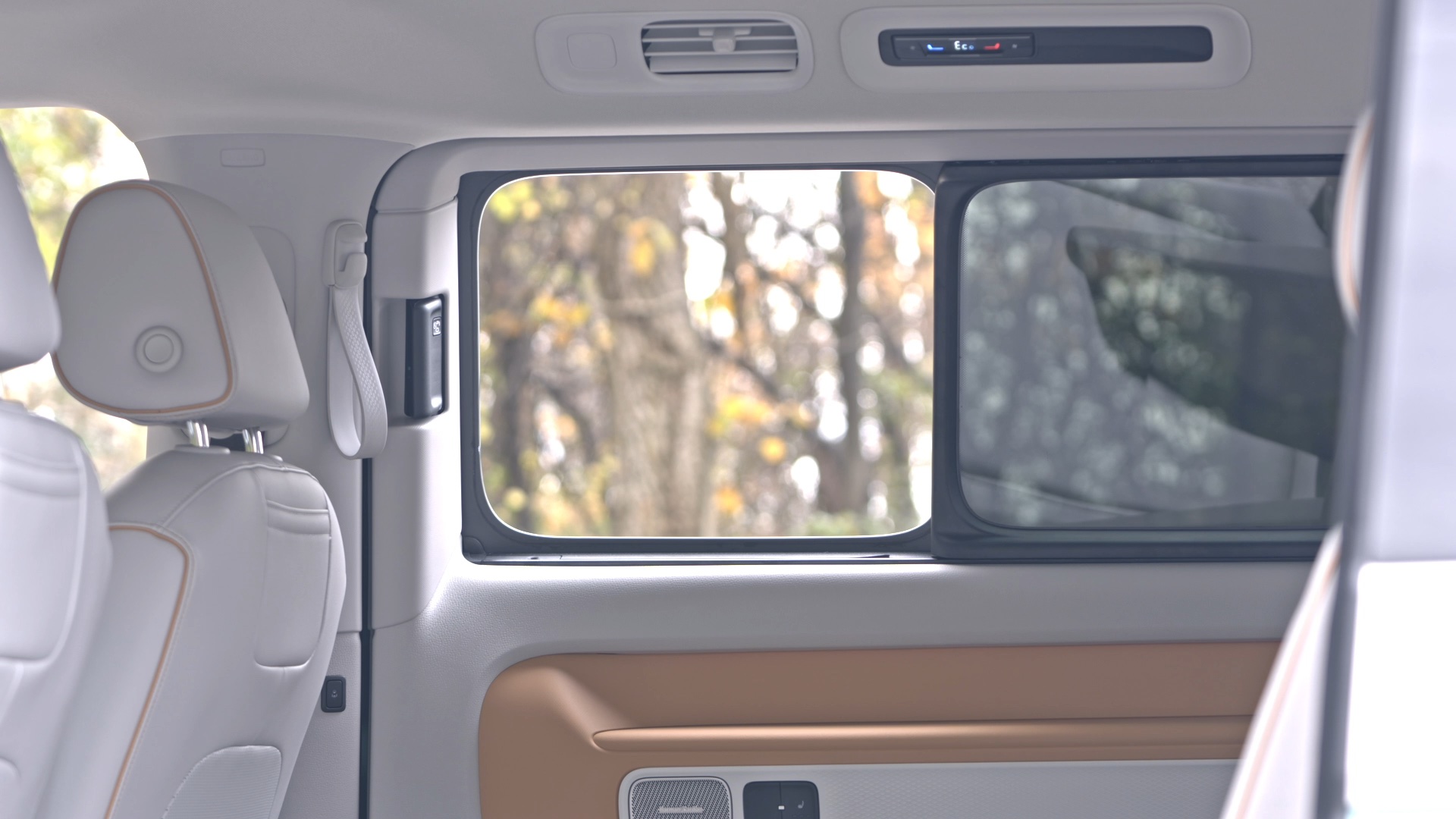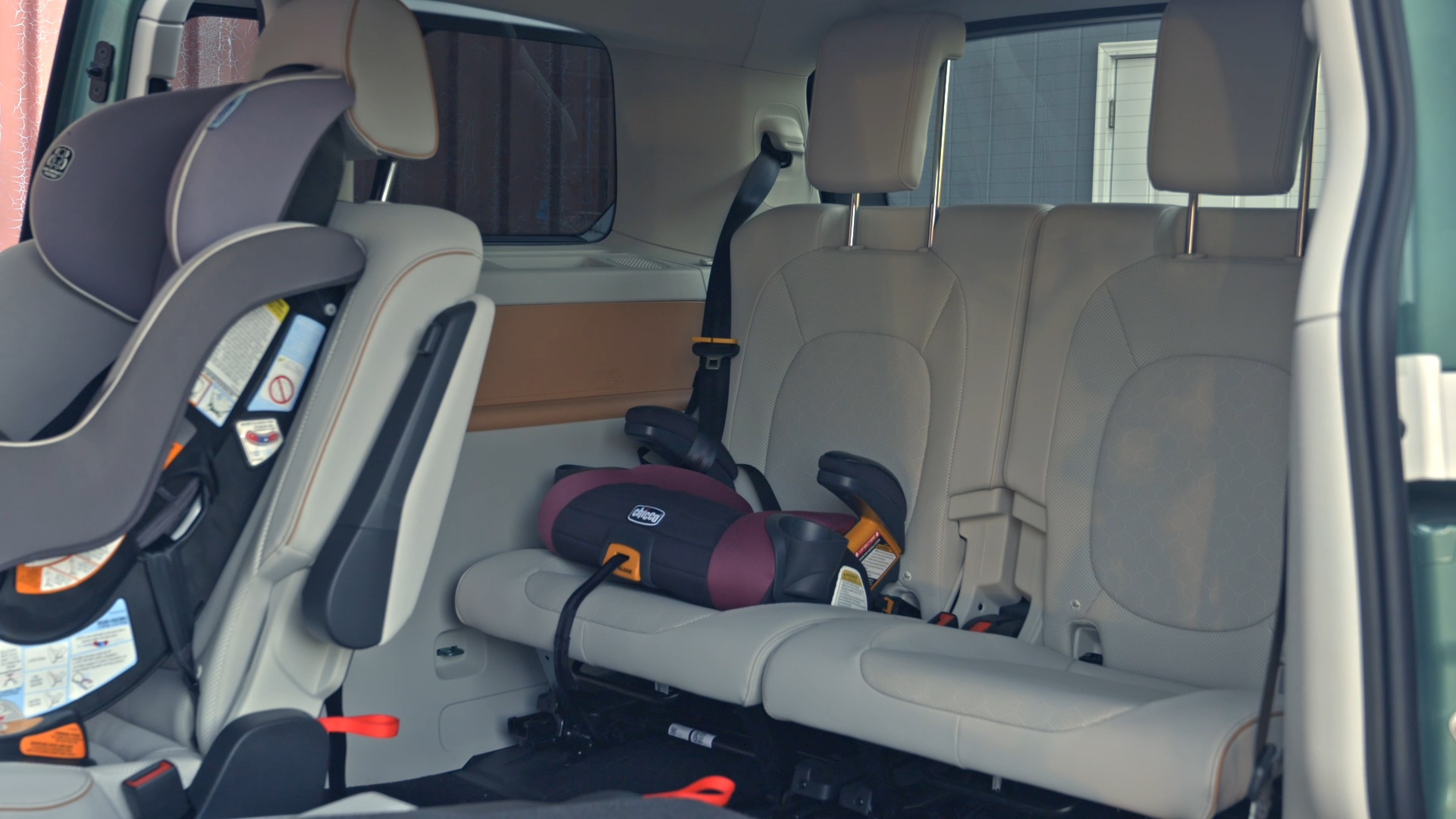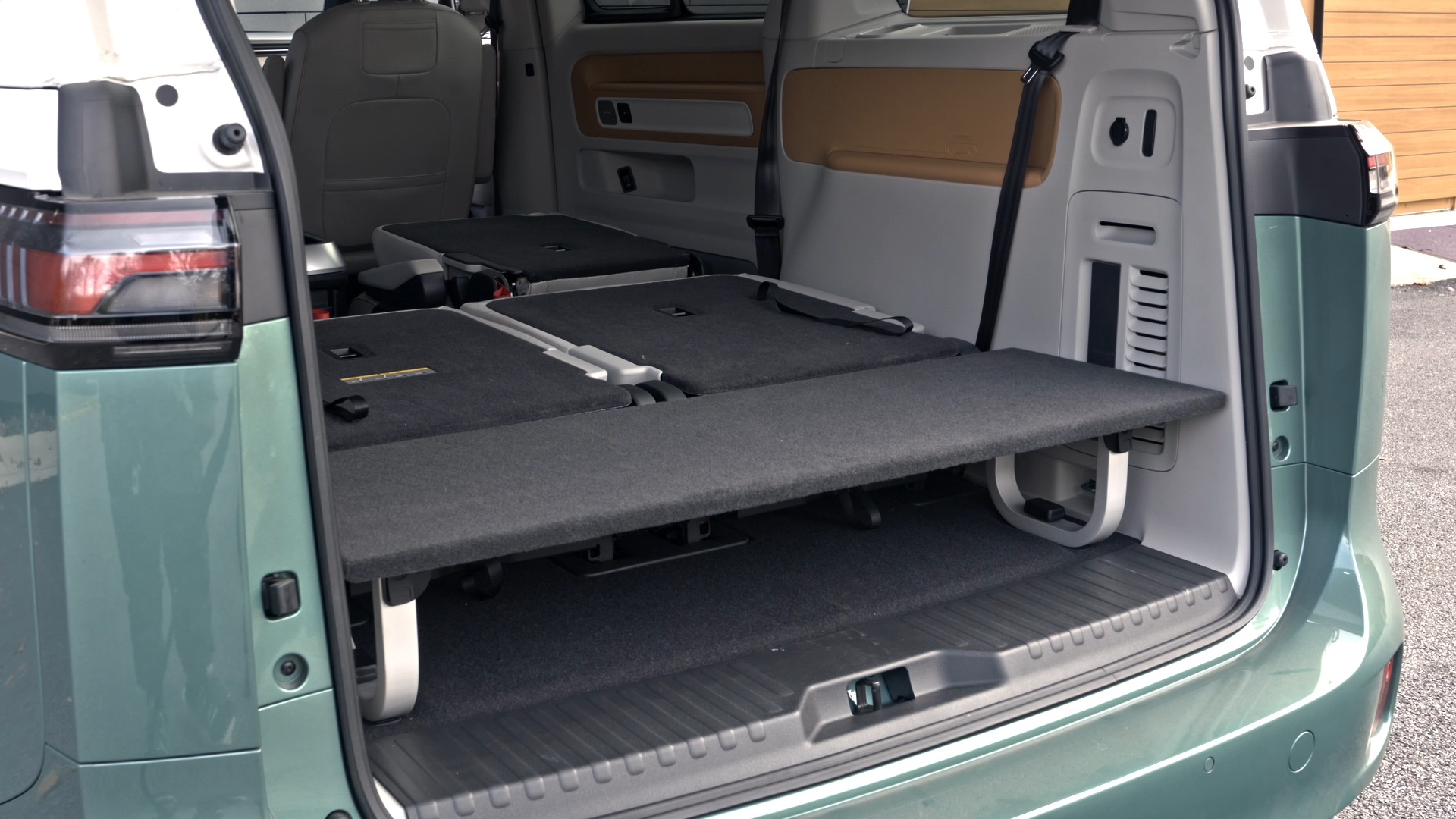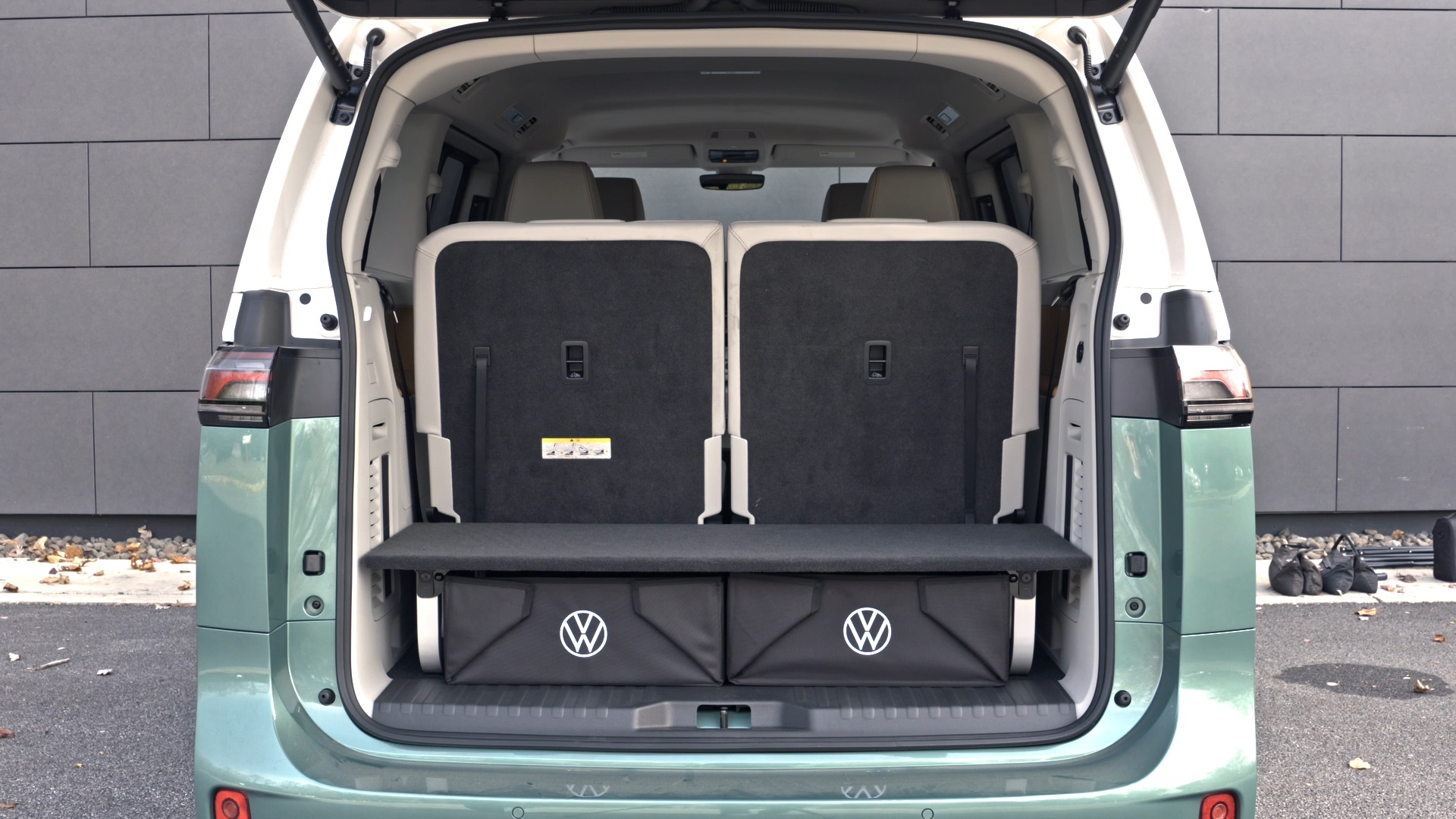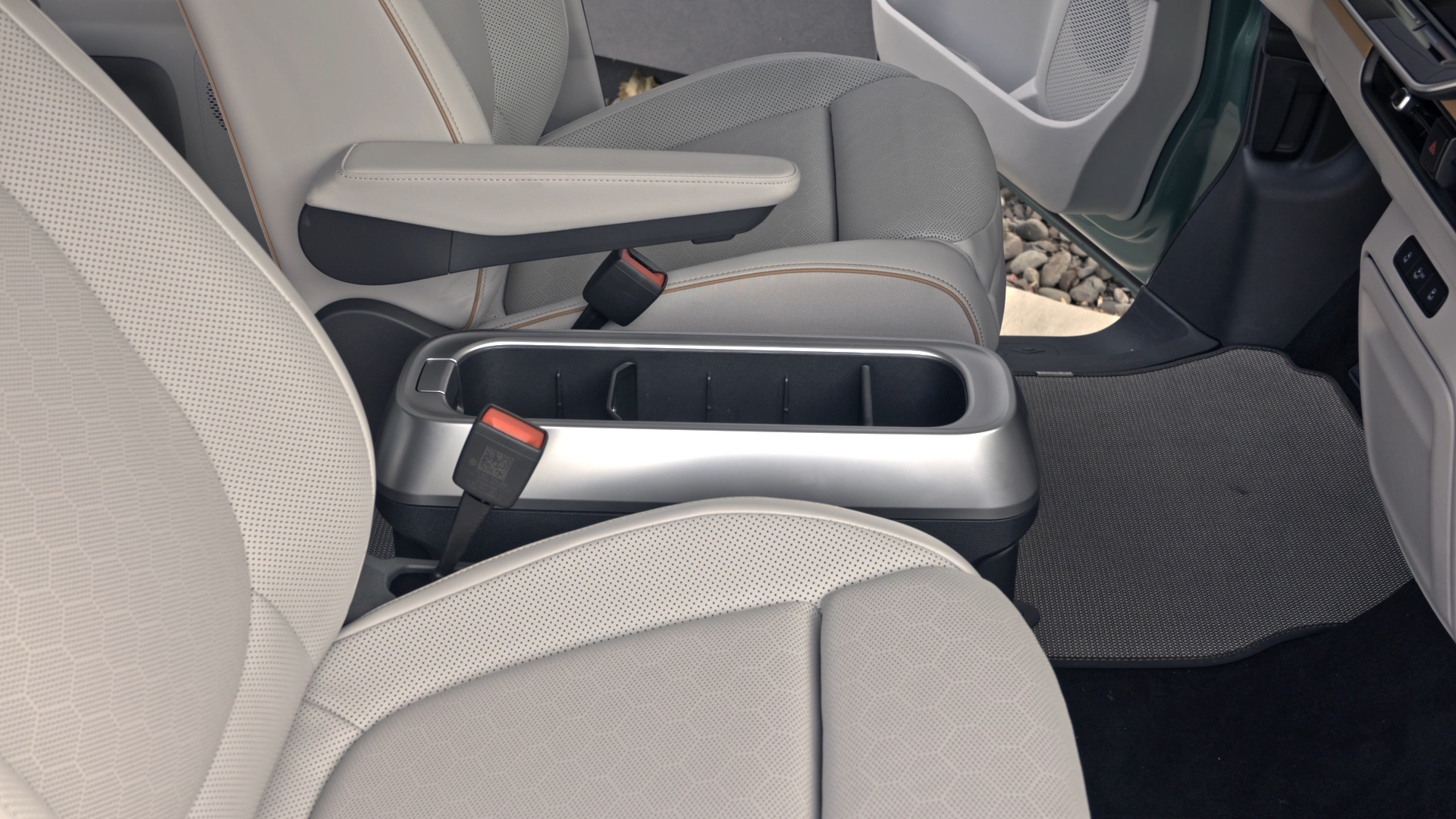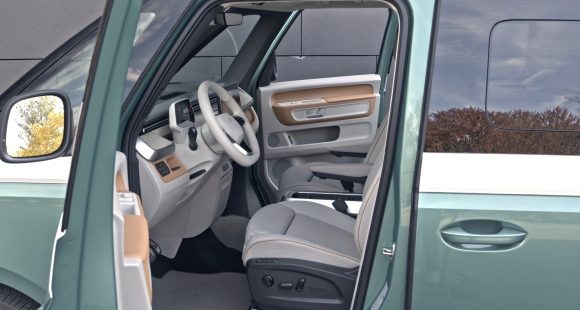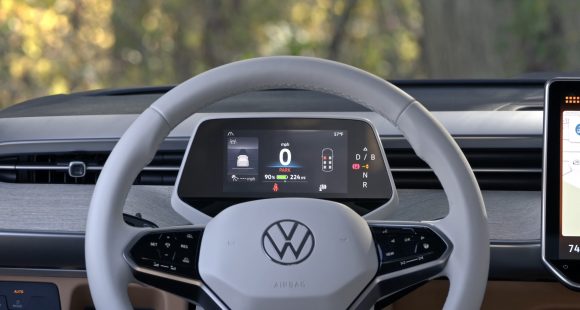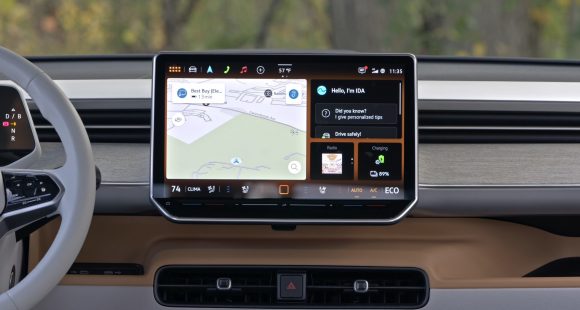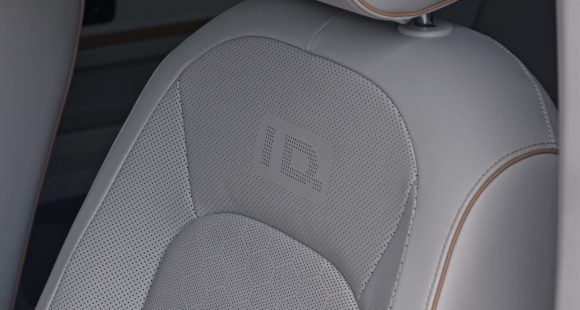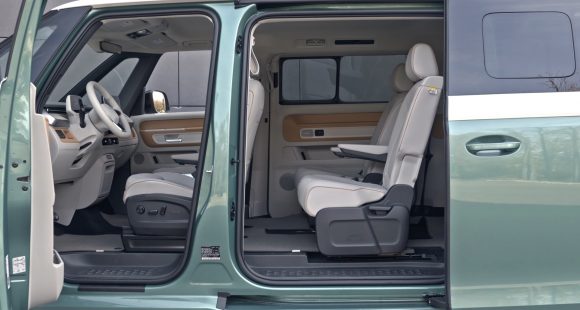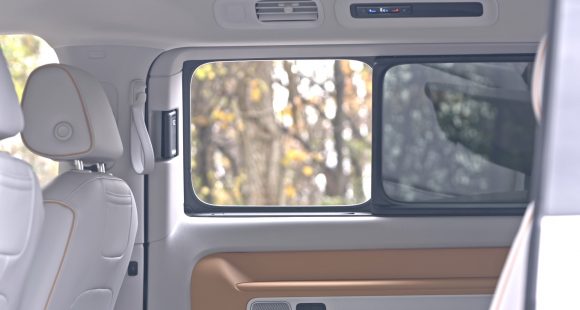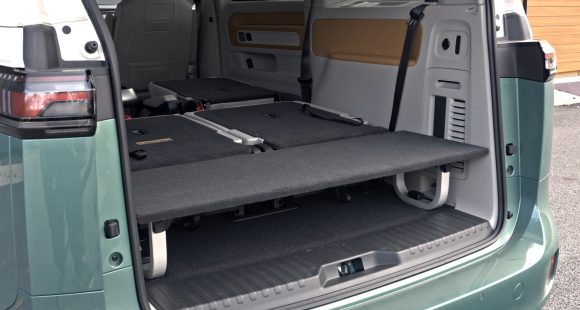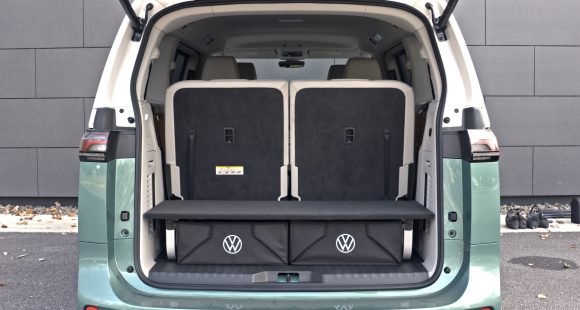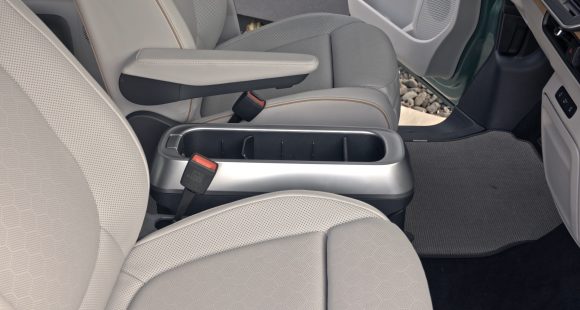2017 Porsche Cayenne S E-Hybrid
We all know that car makers are on a mission to increase fuel economy in all of their vehicles, mostly because of ever-stiffening regulations. Well increasingly, PHEVs are the hot ticket to get that done. Even Porsche is not immune to this, having applied the plug-in treatment to the Panamera sedan back in 2014. But now they’re getting much more serious, and what better vehicle to showcase that ultimate eco-performance in, than the Cayenne.
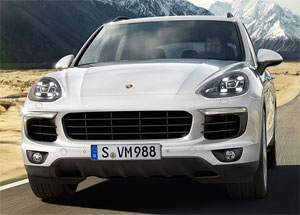 Yes, it’s all about the utilities in the luxury market these days; so this 2017 Porsche Cayenne S E-Hybrid will almost assuredly drum up its fair share of attention.
Yes, it’s all about the utilities in the luxury market these days; so this 2017 Porsche Cayenne S E-Hybrid will almost assuredly drum up its fair share of attention.
Now, some might still look at a plug-in hybrid utility as a bit silly, perhaps even a waste of money; but keep in mind these vehicles are mostly designed for a European market that aims to do away with the internal combustion engine in major cities.
So, obviously there’s a market for people who want to maintain their current level of posh transportation, yet have the benefits of an EV when necessary.
Powertrain stats begin with a supercharged 3.0-liter V6 delivering 333-horsepower and 325 lb-ft. of torque on its own. Add in a 70kW electric motor, and output climbs to 416-horsepower and 435 lb-ft. of torque.
The 10.8kWh battery allows for 14-miles of EV-only driving at speeds up to 78 miles-per-hour.
Both an 8-speed tiptronic automatic transmission and all-wheel-drive are standard.
Like the best of plug-ins that we’ve sampled, the Cayenne delivers seamless operation; requiring you to keep an eye on the tach or power meters if you care where the power is coming from.
You can be certain that Porsche wants to preserve their performance image at all costs, so this Cayenne is indeed very fast; especially when the battery is full and boost mode is available, a bit less so without battery assistance.
 At the track, with all systems full-go, we hit 60 in just 5.4-seconds. That’s almost two seconds quicker than the no longer available Cayenne turbo diesel.
At the track, with all systems full-go, we hit 60 in just 5.4-seconds. That’s almost two seconds quicker than the no longer available Cayenne turbo diesel.
There’s a decent amount of torque at launch, and it builds even more as you get rolling. Shifts were not PDK-quick, but efficient enough to keep the gears coming, as we finished out the ¼-mile in 13.9-seconds at 103 miles-per-hour.
And as spirited as that is, it gets even better when you start throwing curves at it. Through the cones, we found little to no over or understeer; just great balance and point-and-shoot precision, with virtually no body roll to upset things, despite pushing 5,200-lbs of curb weight.
Steering is quick, and sure it could use a little more feel; but no matter how hard we pushed this Cayenne, it seemed to be begging us for more.
Porsche likes to differentiate their plug-ins with Acid Green brake calipers, and little else. And while they tend to look cool accompanying a silver or black vehicle, most thought they clashed with our Cayenne’s Mahogany Metallic livery.
That aside, the Cayenne’s form really hasn’t changed all that much in its 14-years on the streets. There are still plenty of 911 design cues, combined with a sleek profile that fully portrays its performance potential.
 The interior is busy, but well laid out as always. There are unique gauges and drive mode setup, but otherwise things are mostly the same throughout the rest of the space.
The interior is busy, but well laid out as always. There are unique gauges and drive mode setup, but otherwise things are mostly the same throughout the rest of the space.
Available Platinum trim adds Apple CarPlay, illuminated door sills, upgraded Bose audio, heated front seats, and Alcantara trim among other things, though surprisingly…still no back-up camera.
Government Fuel Economy Ratings are 22-Combined when operated in gasoline only mode; and climb to 46-Combined when EV driving is added in. Our loop was an EV-free one; still we managed 23.0 miles-per-gallon of Premium.
There’s a great Energy Impact Score of just 9.5-barrels of annual oil use, accompanied by 4.3-tons of CO2 emissions.
Cayenne S E-Hybrid’s start at $79,750, almost 20-grand over a base Cayenne; but a Platinum Edition with much more content is available for only a bit more at $82,650.
We can surely appreciate the effort and engineering that went into creating the 2017 Porsche Cayenne S E-Hybrid. But really, at this time, at least in this market, like a lot of other luxury plug-ins, it remains a niche vehicle built for boasting your ecodentials more than being a must-have vehicle.
In our eyes, it needs a much bigger battery, with much more EV range, for it to truly make sense here. Ah, but it still drives like a Porsche. And after all, that may be more than enough reason for this clean-rolling piece of engineering excellence.
Specifications
- Engine: 3.0-liter V6
- Horsepower: 333
- Torque: 325 lb-ft.
- 0-60 mph: 5.4 seconds
- 1/4 mile: 13.9 seconds @ 103 mph
- EPA: 22-Combined gas only mode / 46-Combined with EV
- Energy Impact: 19.5 barrels of oil/yr
- CO2 Emissions: 4.3 tons/yr
2025 Volkswagen ID. Buzz
Volkswagen Brings Beetlemania Level Of Excitement To Minivan Segment
The duty of upholding Volkswagen’s heritage has most recently been delegated to small legacy car names like Golf and Jetta. But hold on! A much larger, totally modern take on VW’s classic microbus has just buzzed over the horizon— the all-electric ID. Buzz. It’s been at the top of our minds since we first saw the concept back in 2017. Well, it’s finally here, so let’s get our groove into drive!
This 2025 Volkswagen ID. Buzz has indeed created the most buzz around Volkswagen since the Beetle’s return to the U.S. in the late 1990s. We couldn’t drive it anywhere without drawing a crowd. No wonder, just about everyone has a VW Microbus story to tell, and seeing this reimagined version rolling down the street brings back all those memories.
VW really pulled it off as far as we’re concerned, as it looks great without appearing over the top. All the cues are here: Big VW logo front and center, lots of greenhouse including A-pillar windows and mini sliders for the second-row passengers, D-pillar air vents, and two-tone wheels. And while its appearance may be pure retro, its drivetrain is far from it, as the ID. Buzz is all-electric, and unlike the new Beetle, the Buzz does retain the original Microbus’ rear-drive architecture.
Powering those rear wheels is a 210-kW motor drawing juice from a 91-kWh battery for a range of 234 miles; 200-kW max charging will get you to 80% in about 26 minutes. Buyers can add another small 80-kW motor up front for 4motion all-wheel-drive and an increase of total output from 282 to 335 horsepower with a combined 512 lb-ft of torque. It uses the same battery, but range estimates drop just slightly to 231 miles. But while those numbers are modest, we also found them to be quite conservative, as we observed as many as 287 miles available in our all-wheel-drive tester’s gauge display and were on pace for 273 miles in our driving loop.
One throwback theme that may be a turnoff to some is that it’s quite a step up into the Buzz’s front seats, but there’s certainly a commanding view of the road once you climb in. Second row seating can be either a three-place bench or a pair of captain’s chairs, so there’s generous room for seven or six passengers. The captain’s chairs in our Pro S Plus offer good support and very easy access to the third row.
Lots of flexibility too with the option to simply fold the seats or remove them altogether.
With the sliding side doors and a wide opening rear hatch, there’s plenty of access for loading big sport utility amounts of cargo. Lots of flexibility too with the option to simply fold the seats or remove them altogether, and the ability to create a full-length flat floor with a rear cargo shelf that covers some handy removable storage bins. There’s 18.6 cubic-feet of space behind the third row, 75.5 behind the second, and a max of 145.5. That’s more than a Chevrolet Tahoe. For smaller items, there are lots of cubbies throughout the cabin, along with a standard Buzz Box that can be moved to multiple locations.
With a design that prioritizes retro form and modern function over aero efficiency, the 4motion equipped ID. Buzz earns a Fair efficiency rating, using 42-kWh of electricity per 100 miles, and we weren’t sure what to expect at our Mason Dixon test track.
What we found was great torque off the line and drama free launches to 60 in just 5.3 seconds. It was very stable at speed and power delivery stayed steady most of the way down the track until we reached about 90 mph, when it began to taper off just before we finished the quarter-mile in 14.0 seconds flat at 97 mph.
With 1,200-lbs. of battery weight nestled in its 127.5-inch wheelbase, the Buzz felt planted to the pavement through our handling course. There was quite a bit of body roll to deal with, but surprisingly little understeer. In panic braking runs, pedal response was inconsistent, feeling soft at times, pushing back hard at others; but through it all, results were quite good, stopping from 60 in an average of just 108 feet.
Three interior themes are available, this Dune is the brightest, featuring coastal inspired wood optic dash décor, “gray and clay” leatherette surfaces, and a high-mounted central 12.9-inch touchscreen. Pricing starts with a rear-wheel-drive Pro S at $61,545; this Pro S Plus begins at $65,045, add another $4,500 for 4motion, which brings a few extra features along with all-wheel drive.
Retro design with old-school VW charm, modern EV drivetrain, big SUV capacity merged with minivan flexibility; it all comes together in this 2025 Volkswagen ID. Buzz. It’s easily one of the coolest rides of the year and one that will likely keep Volkswagen dealers buzzing for years to come, and that’s something no other people and things mover can say.
Specifications
As Tested
- Motor Setup: Dual-Motor AWD
- Battery Size: 91-kWh
- Horsepower: 335
- Torque: 512 lb-ft
- EPA Range: 231 miles
- 0-60 mph: 5.3 seconds
- 1/4 Mile: 14.0 seconds at 97 mph
- Braking, 60-0: 108 feet
- MW Test Loop: ~ 273 miles







